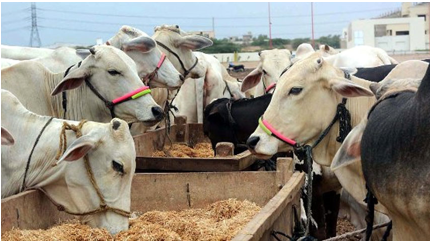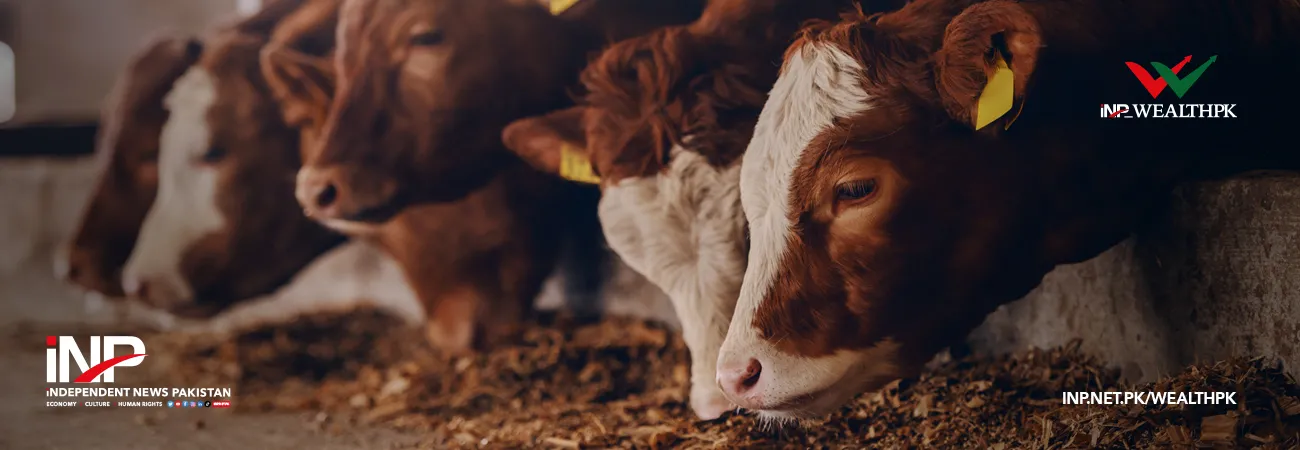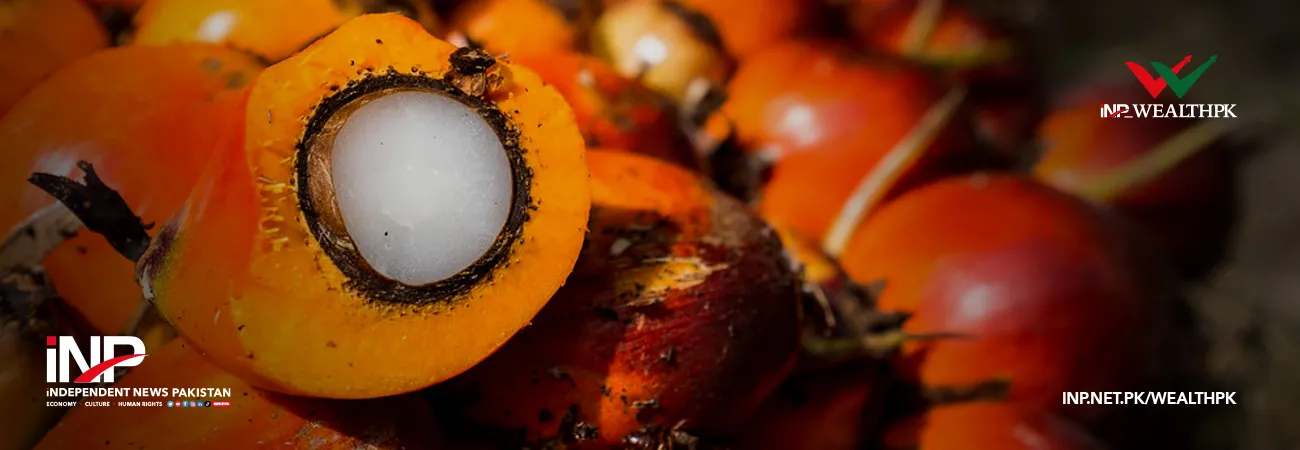آئی این پی ویلتھ پی کے
Ahmed Khan Malik
The Sindh government has launched the Sindh Livestock and Aquaculture Sectors Transformation Project to uplift the province's livestock and aquaculture sectors, reports WealthPK.

With the financial support of global institutions, the project is poised to reshape the region’s agricultural landscape by enhancing productivity, market access, and sustainability. The project is structured around three core components, each addressing key areas essential to modernizing the supply chain, Munnawar Abbasi, Director of Agriculture Department, told WealthPK.
Sharing the details, he said the first component focuses on strengthening institutional frameworks and governance. This includes developing strategic plans, establishing disease control policies, and implementing a robust Management Information System (MIS) to facilitate data-driven decision-making across the sector.

The second component emphasizes support for small and medium producers (SMPs), encouraging the adoption of climate-resilient livestock and aquaculture practices. It also promotes value addition and improved access to markets, with the goal of increasing the market value of livestock products by 30% for participating producers. To ensure effective implementation and long-term success, the third component involves comprehensive monitoring and continuous learning mechanisms.
This ensures adaptive project management and accountability at all levels, Abbasi said. One of the project’s primary objectives is to streamline and enhance the livestock supply chain, addressing critical bottlenecks from production to market. Large-scale vaccination campaigns will be conducted to control prevalent livestock diseases such as Peste des Petits Ruminants (PPR) and Lumpy Skin Disease (LSD). The aim is to drastically reduce disease incidence and improve animal health and productivity.
The project will train over 940,000 farmers, with a strong focus on empowering women and the youth. The farmers will gain access to improved livestock breeds, veterinary services, and technical knowledge needed to enhance their operations. The project promotes the formation of producer groups and cooperatives to strengthen the bargaining power and integrate smallholders into larger value chains. These alliances are expected to facilitate greater efficiency and competitiveness.
Given Sindh’s vulnerability to climate change, he noted that the project embeds sustainability at its core and promotes the adoption of climate-smart technologies and farming practices that mitigate environmental impacts and enhance resilience. He said a key target is to achieve greenhouse gas emissions neutrality in livestock and aquaculture operations by 2029. Additionally, disaster preparedness plans will be developed to ensure a rapid response to climatic events and disease outbreaks.
The project sets forth ambitious, measurable goals including at least 60% of direct beneficiaries adopting climate-smart practices and an 80% increase in productivity for key commodities among supported producers as well as enhanced food and nutrition security for over 940,000 individuals and comprehensive policy frameworks and digital systems established for sustainable sectoral governance. Abbasi said the Sindh Livestock Transformation Project stands as a model of inclusive, forward-looking development.
By addressing the full spectrum of the livestock supply chain — ranging from policy reform and disease control to climate resilience and market access — the project is poised to unlock the economic potential of Sindh’s livestock sector. “It not only aims to improve livelihoods but also ensures that the agricultural progress is sustainable, inclusive, and future-ready,” he said.
Credit: INP-WealthPk












